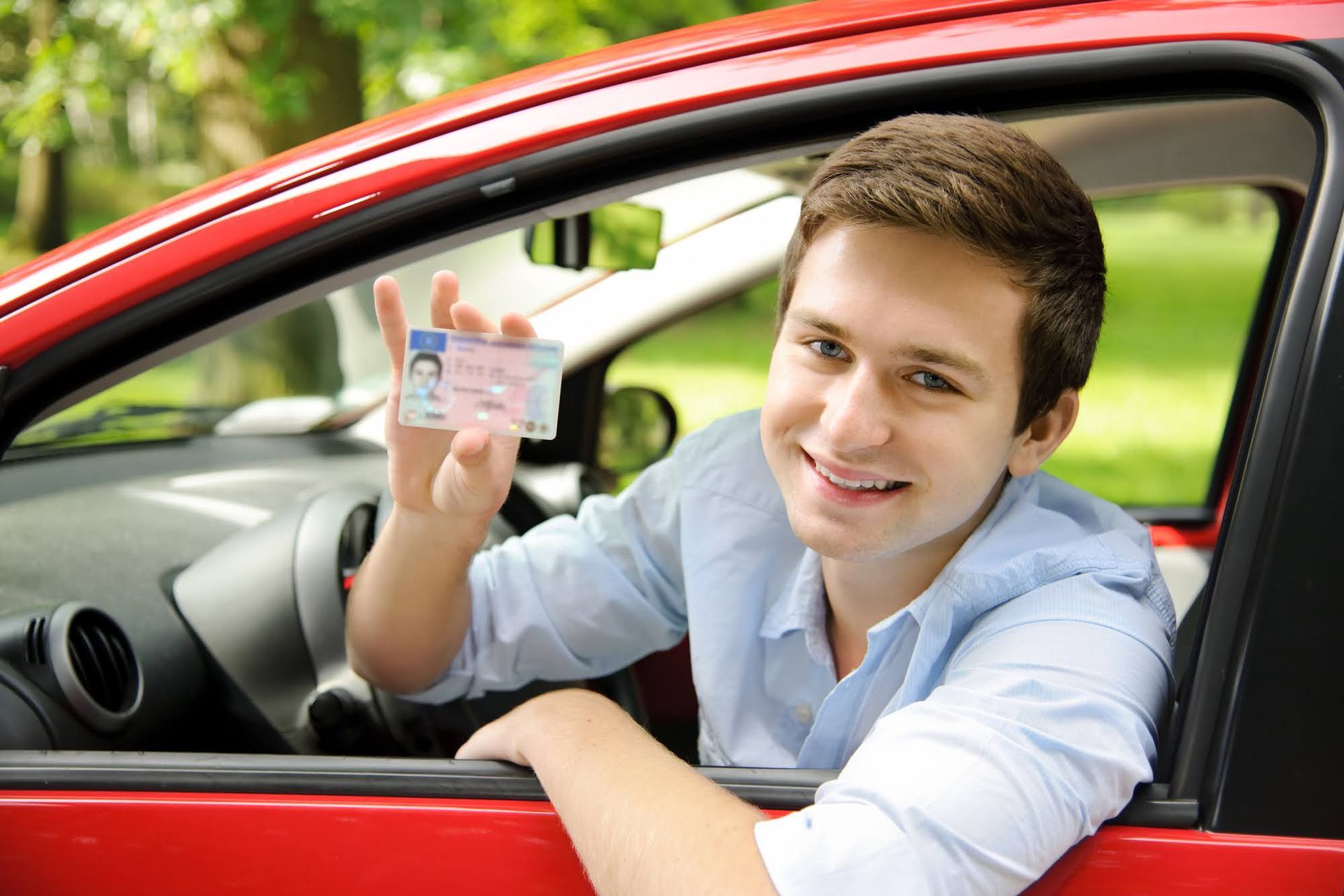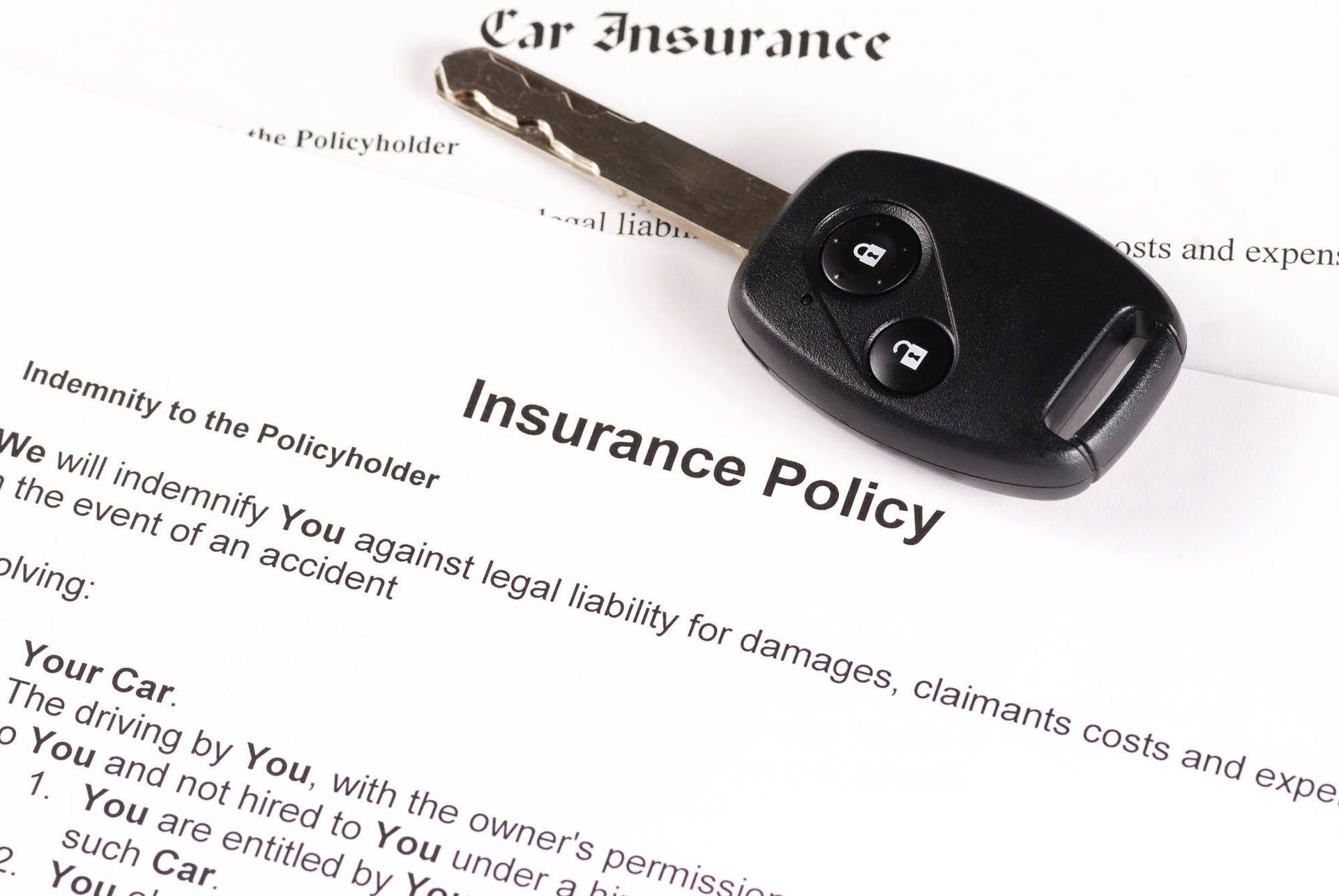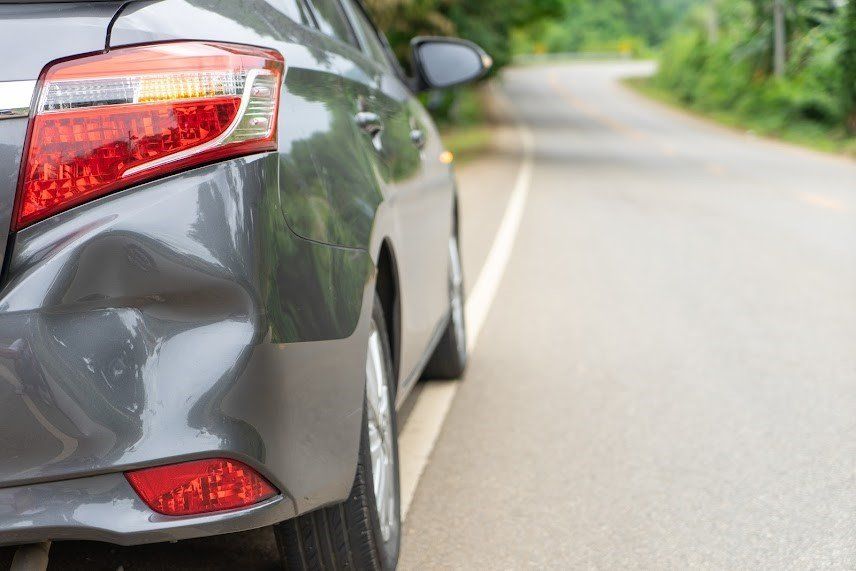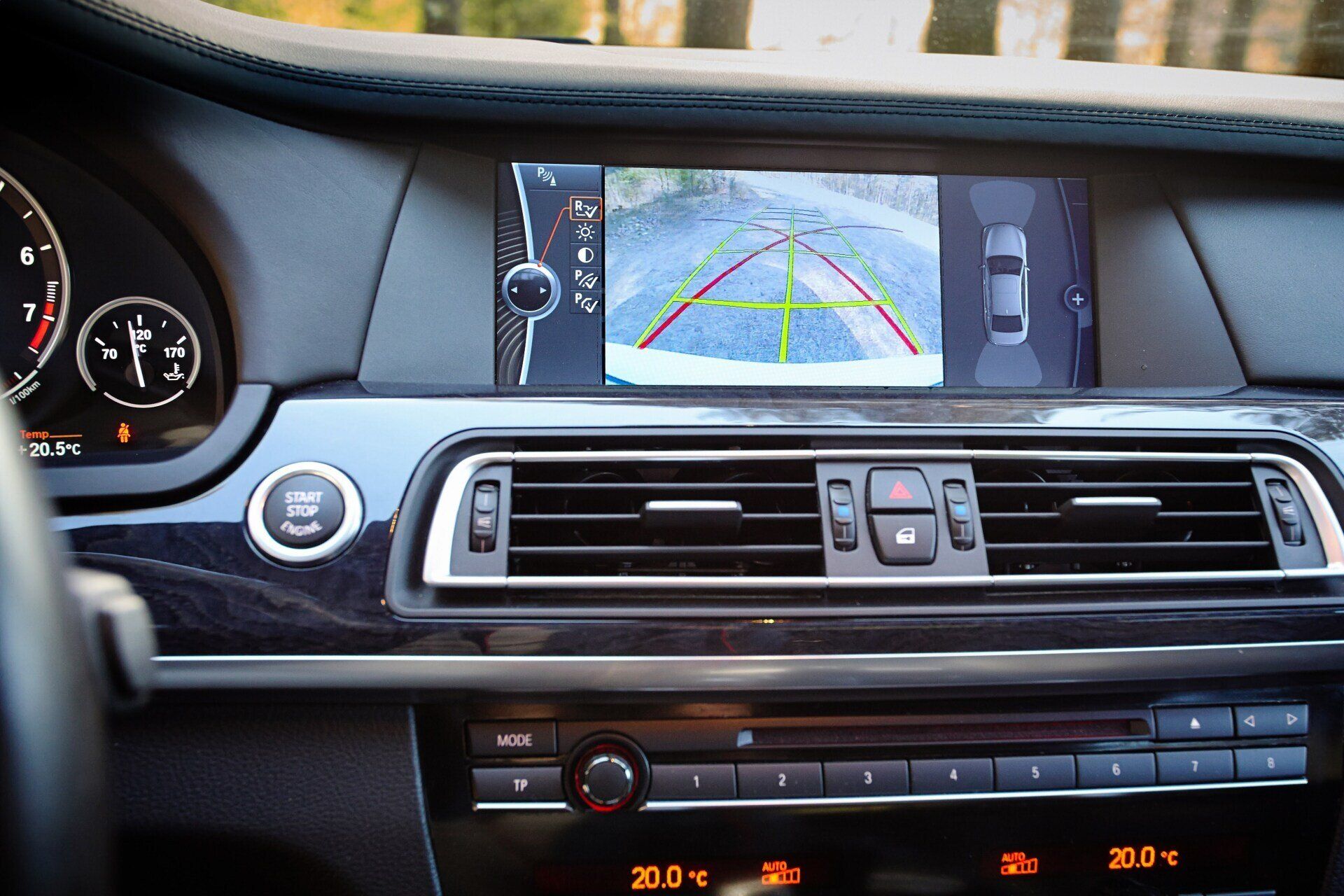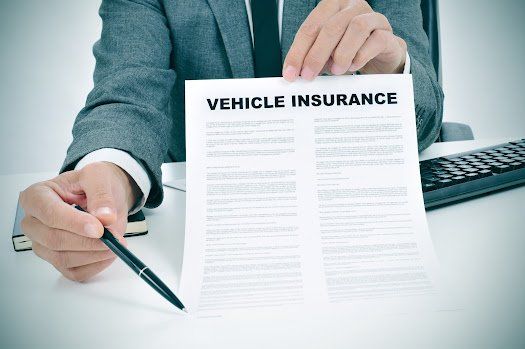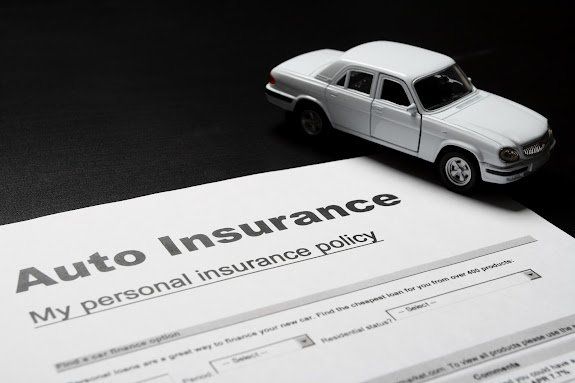FAQs About Rideshare Insurance
- By Boostability Team
- •
- 15 Apr, 2022
- •
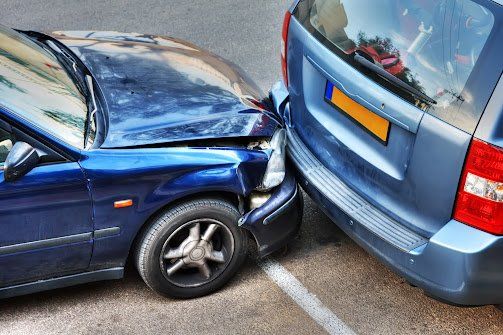
With rideshare companies like Uber and Lyft gaining popularity, drivers must distinguish between rideshare insurance and personal car insurance policies. As a rideshare driver, invest in rideshare insurance for additional protection against potential risks while working. Here are answers to some common questions on rideshare insurance.
Why Should Rideshare Drivers Get a Separate Policy?
A rideshare driver goes through three phases while at work. The first phase is when a driver is waiting for a customer to request a trip while online. In the second phase, the driver receives the request from a client and goes to fetch them. In the third phase, the driver takes the passenger to their destination.
Personal auto coverage doesn't cover rideshare trips. Your auto insurance company assumes you are driving yourself, family, or friends and aren't making money from driving. Therefore, personal auto coverage doesn't offer coverage while you are at work.
On the other hand, your employer's insurance will cover phases two and three of your rideshare trip. If an accident occurs when you are waiting for a customer to request a ride, the employer insurance may not pay for damages. For this reason, purchase a separate policy to protect you through all the stages of your work experience.
Rideshare insurance covers liability for property damage and physical injuries. The insurance policy typically covers collisions and uninsured or underinsured motorists. Rideshare insurance may also cover rental car reimbursement and roadside assistance. Thus, consult your rideshare company to determine how you are protected.
Do Contract Delivery Drivers Need Rideshare Coverage?
Contract delivery drivers share the same risks as rideshare drivers. If you deliver for GrubHub or UberEats, your personal automobile insurance coverage isn't adequate to protect you from potential dangers.
Your personal automobile insurance, for example, may cover you when going to a restaurant to place an order. However, you aren't covered when logged into the application and waiting for an order. Therefore, delivery drivers should obtain rideshare insurance to protect themselves financially.
How Does One Get Rideshare Insurance?
Some insurance providers give their clients a ride-hailing insurance endorsement that reinforces their personal auto insurance. This endorsement provides supplementary coverage that bridges the gap between the ridesharing company's commercial policy and your vehicle insurance policy.
The ridesharing endorsement applies during the period the phone application is on, and you are waiting for a ride request. Therefore, if an accident occurs when you are waiting to be hired, the endorsement will cover the related expenses.
Another alternative is to get a full ridesharing insurance policy with business and personal coverage in one package. However, coverage types, insurance premiums, and policy limits will vary depending on the insurer and the coverage offered in your jurisdiction.
What Does It Cost to Insure a Rideshare Vehicle?
Rideshare insurance is available as a standalone policy or as an add-on to your existing vehicle insurance. Rideshare insurance is cheaper than a full-fledged commercial vehicle policy. However, it's more costly than a personal auto insurance plan. You will pay a greater premium, but you will receive more damage protection while on the job.
The price of ridesharing insurance varies based on the insurance company. Other factors affecting the cost of rideshare insurance include your driving history, credit score, and location. A ridesharing coverage might cost anything from ten dollars to twice as much as a typical personal auto insurance policy. Before you settle for an insurance provider, compare the quotes of different insurers to get an idea of the average cost of the policy.
If you work for a ridesharing firm, you'll need a special type of insurance. Germain Insurance Agency will help you review your options. We understand the appropriate coverage for rideshare drivers. Call us
today, so we can get you covered.

